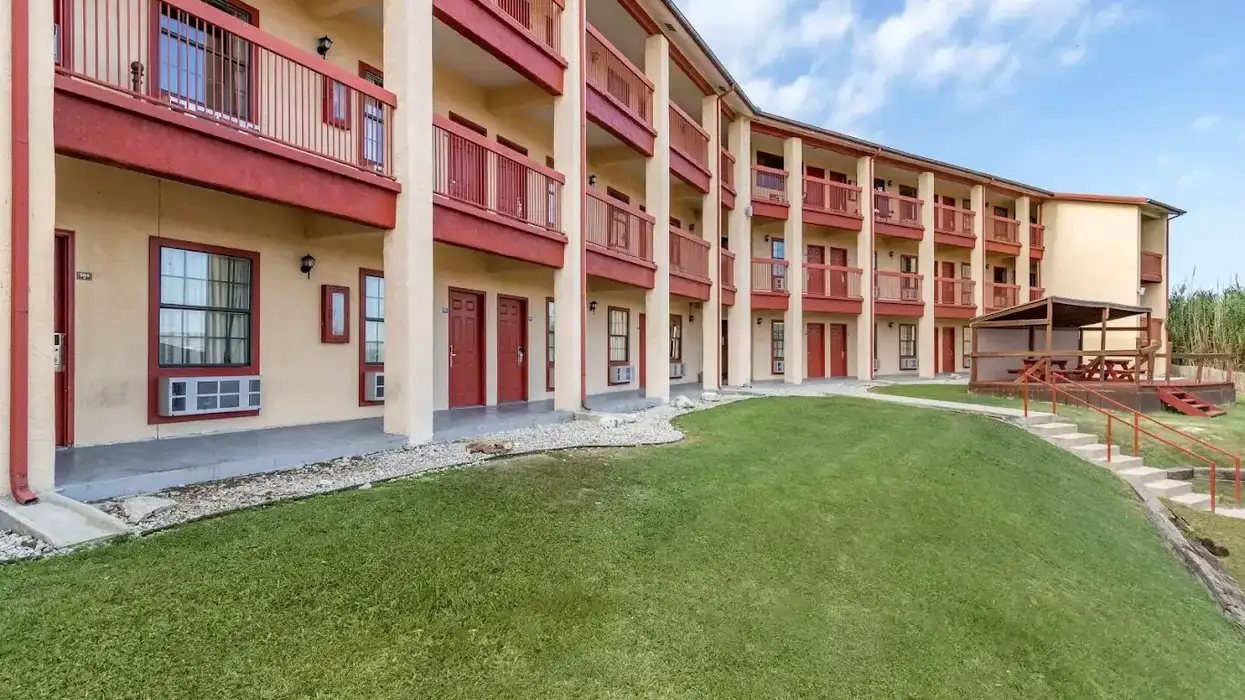WITH THE HOUSE of Representatives passage of a $484 billion enhancement of the existing federal stimulus against the COVID-19 pandemic related downturn, hotels and other small business are set to get another financial boost. Whether it will be enough remains to be seen.
The new legislation was created after funding for the Paycheck Protection Program through the Coronavirus Aid, Relief, & Economic Security Act, all $349 billion, ran out last week. Along with $310 billion to replenish the PPP, it contains $60 billion for a separate small business emergency loan and grant program, $75 billion for hospitals and health-care providers, and $25 billion for a new coronavirus testing program, according to the Washington Post.
The Senate passed the enhancement legislation two days before, at which time Cecil Staton, AAHOA president and CEO, to issue a statement supporting the bill.
“The fact that, in under two weeks, banks distributed the initial $350 billion in the PPP is a testament to the financial hardship facing American small business owners and their employees. Hotels and restaurants made up only about eight percent of businesses that received loans under the initial PPP funding,” Staton said. “Reviving the PPP will provide more liquidity to businesses. For hotels, the typical PPP loan covers about 47 percent of operating expenses. With no starting point for economic recovery on the horizon, we continue to call on Congress and the Trump administration to extend PPP through the end of the year, to adjust the formula for the maximum loan amount available, and to permit these loans to be used to cover operational costs in addition to payroll. This will ensure that hotels and other small businesses can emerge from this crisis and be part of the reopening of America.”
Nancy Patel, a Knights Inn owner in Corpus Christi, Texas, had a similar concern about the enhancement of PPP loans, such as the one she recently received to keep her 11 employees on the payroll.
“The PPP loan is only enough for me to keep my staff going. You need to pay the people,” she said. “But now, the PPP loan is also a little bit of an issue. When you say 75 percent of it has to be used toward payroll, what if there’s no business? How much are you going to give your staff between rooms?”
The payroll amount covered in that 75 percent supports her employees for about eight weeks unless she finds more work for them to do.
“Now you just find work for them. They can deep clean, redo everything in the hotel,” she said.
Patel said she had an easier time procuring her PPP loan because she has a close relationship with the small, community bank she uses. Others were not so lucky when the loans first became available.
“Not a lot of people got the [PPP loan] too because, per the news and articles I continue to read, bigger banks have given those loans to the bigger corporate companies, leaving the small business owners to not have enough,” she said.
That’s why she prefers the small community bank she deals with.
“My banker, the first thing he said is ‘Hi, Nancy, I know it’s a difficult time, what can I do for you?”
In a later statement after the House passage of the enhancement bill, Staton also called on Congress to extend the PPP through the end of 2020.
“With many hotels’ occupancy rates hovering around the single digits, owners are struggling to keep their doors open. The stimulus also does not address the reality that this crisis will not be over in a matter of weeks,” he said. “We also encourage policymakers to give more consideration to a business’s debt obligations, such as mortgages, as they formulate relief loans and determine how they can be spent.”
Hotels are a signal industry, Staton went on, meaning they were one of the first businesses to feel the effects of the pandemic.
“Public caution and conflicting messages from government officials about reopening will mean a slow return to travel, tourism, conventions, and meetings,” he said. “This means that hotels will be one of the last industries to recover. Without targeted and meaningful support, policymakers run the risk that thousands of hotels and the millions of jobs they create may not be around when the recovery from this pandemic begins.”





